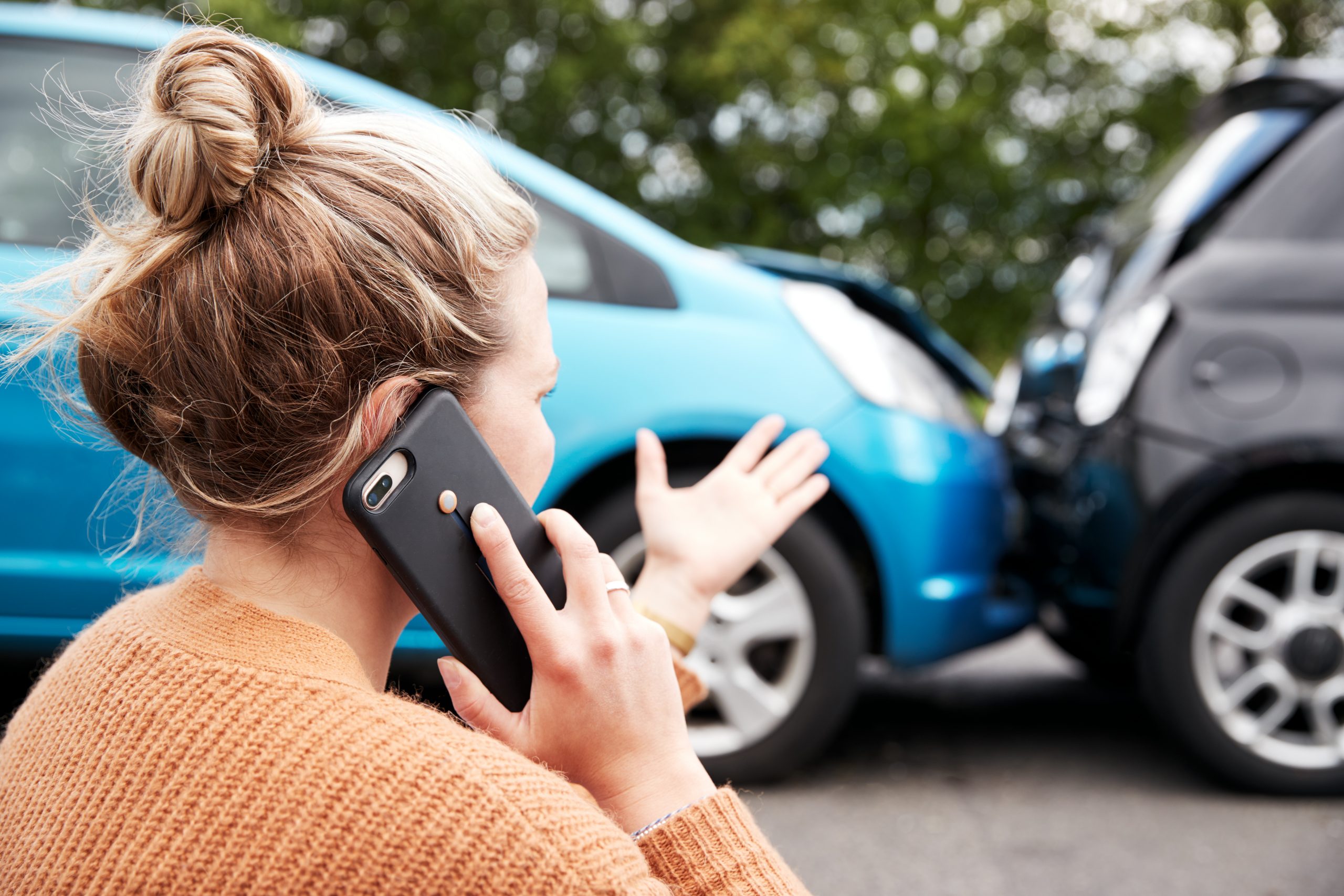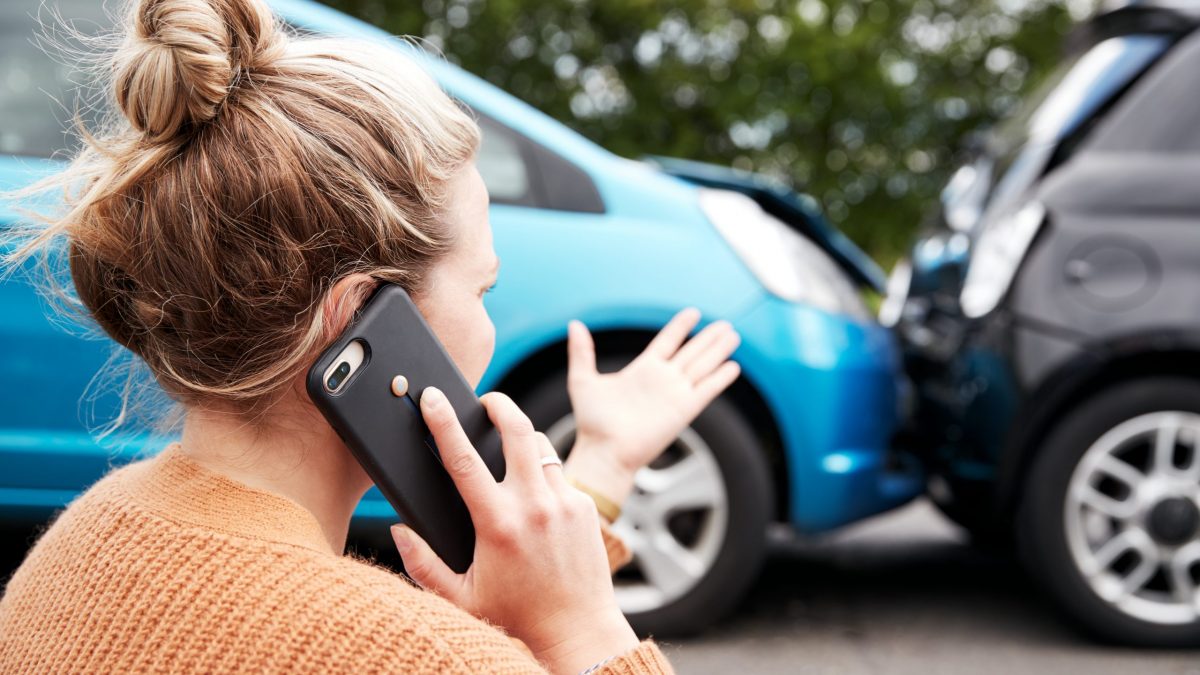
Why You Should Hire an Attorney Soon After a Car Accident
January 25, 2022
Clear the Lobby: What Laws are MPs voting on this week? W/C 24th January 2022
January 28, 2022Car accidents can occur to anyone at any time or place. The highest number of recorded accidents leads to vehicle damages, while some cause fatalities and injuries to the occupants.
There are several things you should do if you ever get involved in a car accident to protect your vehicle, yourself, and other interests. This article offers you insights into what you need to do after your automobile gets into an accident.
Steps You Should Take After an Accident
Step 1: Stop the Car
Regardless of the accident’s impact, whether minor or severe, the first thing you need to do is stop the car. Driving away from the accident scene causes more harm because you need to give your statement to the authorities and listen to what they have to say about the situation.
Step 2: Warn Other Motorists Driving Near the Scene
When other drivers and road users are unaware of an accident scene ahead, they might drive without slowing down or taking the necessary caution, leading to more accidents and damages. Keep the scene under protection with flashers or flares. If the accident occurred at night and damaged your lights, use a flashlight to alert other drivers.
Step 4: Alert the Police
If your car is not blocking the traffic, you should let it stay on the spot it was when the accident happened until the police tell you what to do.
Whether the accident caused serious injuries, vehicle damage, or fatalities, alert the authorities through a phone call or physical contact before engaging reputable crash repair services, such as DingGo.
The police report comes in handy when making an insurance claim for vehicle damage, injuries, or fatalities.
Step 5: Record an Accurate Statement
After the police reach the scene, give an accurate account of what happened using as many details as possible. If there are details you don’t know or can’t remember, let the investigating officers know that. Only give factual statements without speculation, mistakes, or guesswork.
If they ask you questions you are unsure about, tell them that instead of keeping silent or saying no. Other people who may have been in the car with you should be keen, to tell the truth since they are regarded as witnesses to the accident.
Step 6: Record Videos or Take Pictures
If your car has a camera, you can take some pictures or record videos of the scene, as long as it doesn’t interfere with the investigations. You should take these pictures within a short time after the accident. They act as evidence if something changes or an accurate report is not captured.
Step 7: Exchange Information with the Other Party
If your car is involved in an accident with another vehicle and the authorities fail to respond on time, exchange details with the other parties, including the passengers and witnesses.
You can also ask for their insurance details for easier tracing if you have to compensate them or ask for compensation.
When investigating officers finish the process, they give each party a police report number for reference when a case is filed.
Step 8: Get Assessed for Injuries
Some injuries incurred during a car accident are not visible or apparent. Even if you feel fine after the accident, it’s advisable to seek a medical assessment to be sure.
Some minor impacts can result in severe medical conditions later, so it’s important to get first aid and clearance from healthcare personnel.
Pay attention to feelings of dizziness, loss of consciousness, or blackouts, as they can indicate that you suffered severe internal head injuries or concussions. They can result in more serious conditions if left untreated.
Step 9: Maintain a File
For each accident you get involved in, gather all the reports, documents, and other details and file them in a safe place. This includes the claim number, phone numbers, names of involved parties, rental car receipts, among other expenses resulting from the accident.
Step 10: Stand Up for Your Rights
Protecting your rights after an accident may require consulting your attorney. This ensures that valuable evidence remains intact and valuable after the investigators take the report.
You should also inform your attorney before issuing any information about the accident to your insurance company to get the necessary legal advice. The information can help you gain full compensation and the medical treatment you deserve.
Step 11: Call Your Insurer
After assessing the extent of damage and getting the police report on the accident, you should call your car insurance company and let them know about it. You should explain the in-depth details transparently, recounting the occurrence to match the police report.
You can send your insurer the evidence you gathered on the scene or let them send an agent to get first-hand information from the ground. This makes the compensation process smoother, quick, and easy because the claims match the accident details.
Wrapping it Up
Being involved in a car accident can throw you into a confusion phase before adjusting to this reality. Knowing the above information can help you navigate the situation since you understand the necessary steps.
It also prevents you from unknowingly sabotaging substantial evidence that can be used during the compensation process or by the investigators to rule out which party was at fault.
When you are aware of what to do after an accident, you reduce the chances of being taken advantage of by the other people who were involved or, worse, crooked insurers who can do anything to avoid giving you the compensation you deserve.





